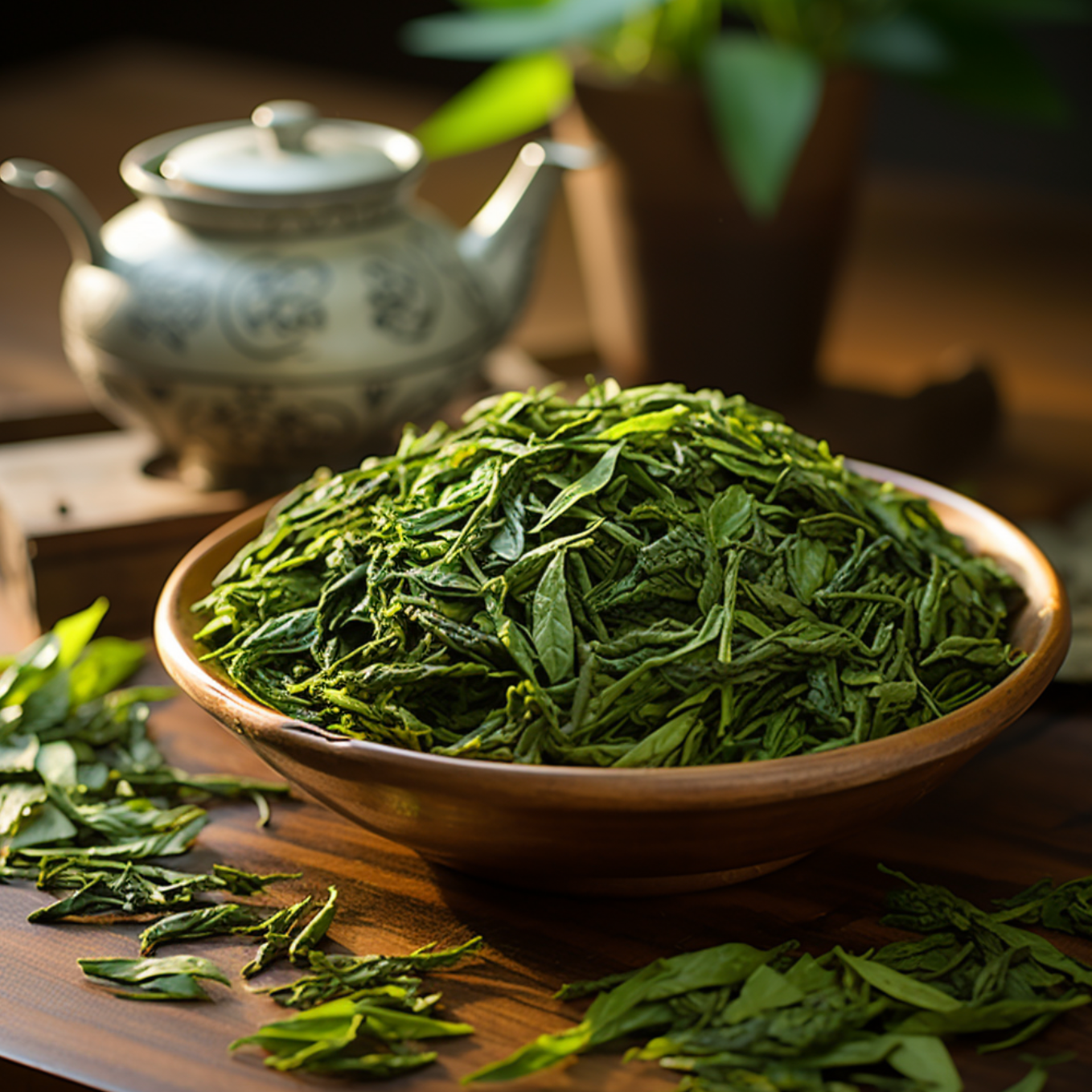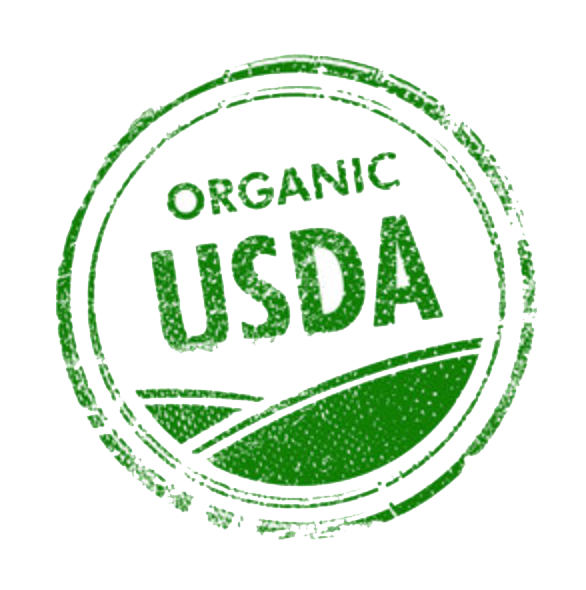
why tea is healthy and decaffeinated?
why tea is healthy?
why tea is decaffeinated?
Tea is decaffeinated to offer the same flavor and health benefits without the stimulating effects of caffeine. Decaffeination caters to individuals sensitive to caffeine, those with certain health conditions, or those looking to reduce their caffeine intake. The process involves removing caffeine from tea leaves using methods like carbon dioxide extraction, water processing, or using solvents, all aimed at minimizing caffeine while preserving the tea's natural qualities. This allows for a more inclusive enjoyment of tea, regardless of one's caffeine tolerance.
how tea is decaffeinated?




